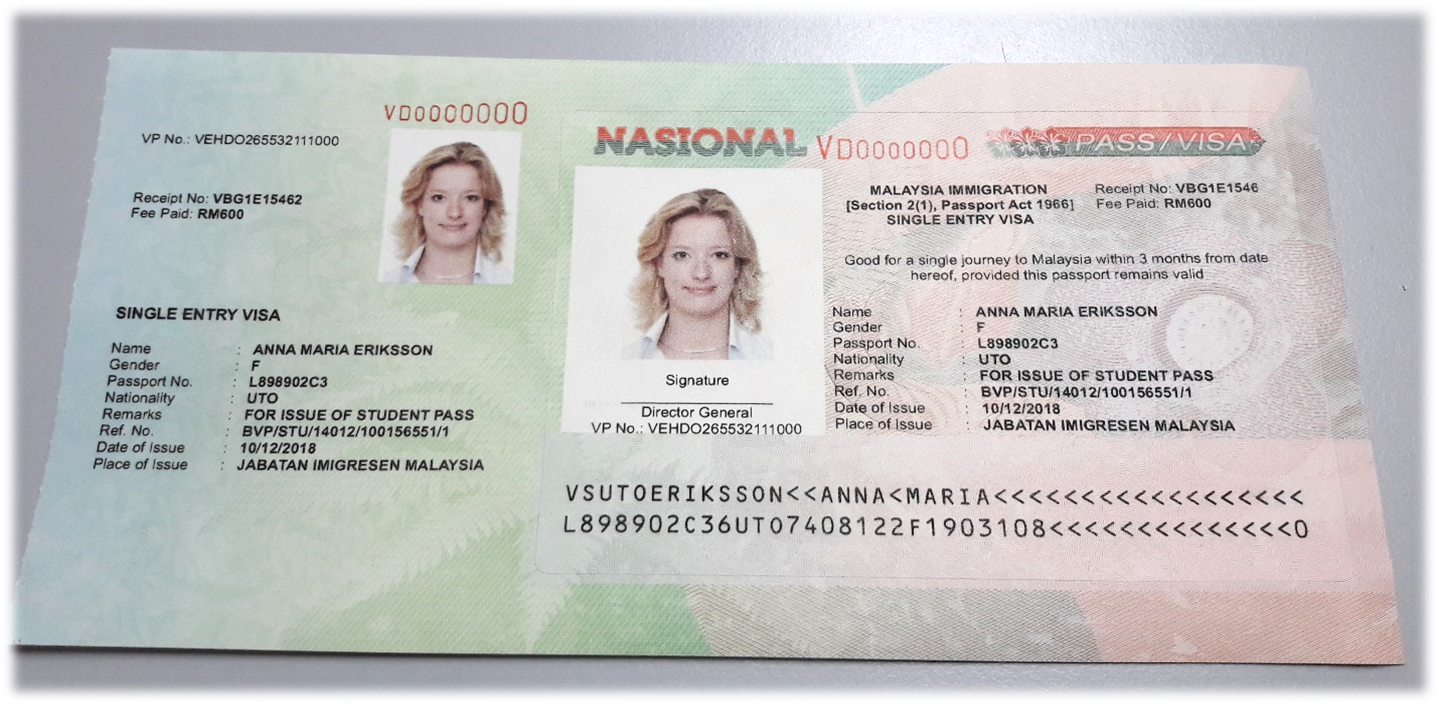Being conscientious of the need to reduce the carbon footprint of smartcards and to produce greener products, MCS explored revolutionary technology and processes in their design and manufacture.
Graphene is a carbon-based material that is one atom-thick with excellent electrical conductivity and strength. A prototype of the MCS e-passport with Graphene Antenna and MOS was showcased in the Mobile World Congress 2018 exhibition by the Italian research institute Consiglio Nazionale delle Ricerche (CNR), our technology partner.
In 2019, MCS successfully developed the Paper Inlay solution where the IC module and antenna are assembled on paper substrate which makes it extremely compatible with e-passport bookmaking process.
 MCS developed the UniVisa electronic visa sticker that complies with ICAO Document 9303 Part 7 — Machine Readable Visas specifications. It stores the bearer’s primary biodata including any biometric data such as face, iris and fingerprints.
MCS developed the UniVisa electronic visa sticker that complies with ICAO Document 9303 Part 7 — Machine Readable Visas specifications. It stores the bearer’s primary biodata including any biometric data such as face, iris and fingerprints.
Another solution based on the paper inlay technology is an Electronic Seal which could be affixed to paper documents like birth certificates, university diplomas, work permits and so forth. As for the electronics, the smart RFID chip and its antenna are assembled on paper, designed like a seal or stamp, which is then laminated on to the security paper.
LEARN MORE ►